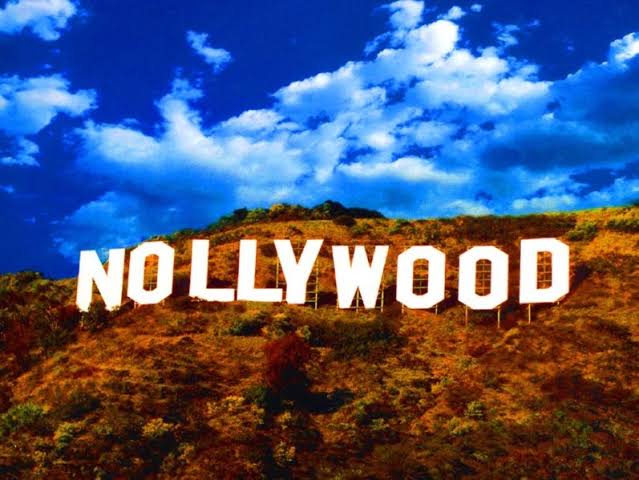- Catherine Maborukoje
- Ban, Nollywood
- 0 Comments
- 1260 Views
While it is crucial to promote positive values and discourage harmful behaviors, some argue that censoring certain themes may stifle creativity and limit the ability of filmmakers to address important social issues through their work.
The recent decision by the Nigerian government to ban the depiction of money rituals, smoking, and other vices in Nollywood films and skits has ignited a debate within the entertainment industry and among audiences.
Although the ban’s goal is to shield young people from harmful influences, some critics contend that it restricts filmmakers’ ability to express themselves creatively and violates their right to artistic freedom.
While some support the ban, citing concerns about the negative influence of such portrayals on society, others have raised questions about artistic freedom and the impact on storytelling in the Nigerian film industry.
The ban has sparked discussions among movie practitioners and industry stakeholders, with some emphasizing the need to find a balance between addressing social vices and allowing creative expression.
The prohibition begs the question of where social responsibility and artistic freedom should meet. While it is crucial to promote positive values and discourage harmful behaviors, some argue that censoring certain themes may stifle creativity and limit the ability of filmmakers to address important social issues through their work.
It was possible to tell stories about money rituals without making them seem glamorous, according to Emeka Rollas, President of the Actors Guild of Nigeria.
Nollywood has always provided a forum for delving into intricate themes and storylines, as it is a reflection of Nigerian society. Filmmakers are challenged by the prohibition on money rituals and vices to come up with fresh approaches to these subjects that do not involve sensationalism. This shift may lead to a reevaluation of storytelling techniques and a deeper exploration of cultural norms and values.
As the Nigerian film industry navigates this new directive, there is a sense of uncertainty and anticipation about how filmmakers will adapt to these restrictions. Will this ban spur the creative and creative growth of the storytelling industry, or will it stifle it? The way this choice will affect Nollywood’s future is still up in the air.
READ ALSO: Excitement Builds as Burna Boy Joins Nollywood in “3 Cold Dishes”











